Feb 4, 2022
Dances of the African Diaspora
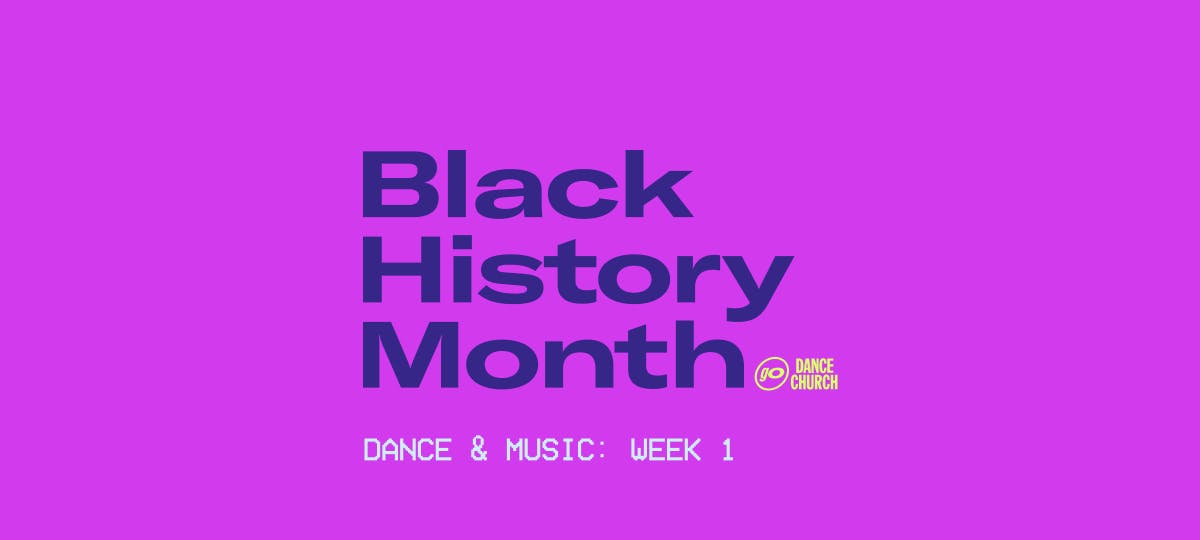
Dances of the African Diaspora
African Diasporic dances are dance forms that originated from the continent of Africa, and dance styles that are descendants of that region. The following stories will reflect the specific history of African dance and Afro-Caribbean dance.
African Dance
African dance deeply expresses communal values, as well as social relationships. Oftentimes, the experience of ritual vs. social gathering is fused during these dances, and the importance of the execution of these dances is treated with immense respect. African dance is deeply rooted in rhythm, percussion, and spirituality, and is often believed to have healing forces.
Check out this Zaouli dance of the Ivory Coast!
Zaouli plays an educational, playful and aesthetic role. It contributes to environmental preservation, conveys the cultural identity of its bearers, and promotes integration and social cohesion.
Afro-Caribbean dance:
Afro-Caribbean dance was developed by enslaved African people brought to the Caribbean islands as well as the indigenous people of the islands, including Trinidad and Jamaica.
These dances are often polyrhythmic, polycentric and are grounded in the idea of body isolation. Whining is a movement in many Afro-Caribbean styles that is a focus on the circulation and thrusting of the pelvis. Other examples of popular Afro-Caribbean dances include Mambo, Ettu and Calypso.
Examples of Afro-Caribbean dance garb
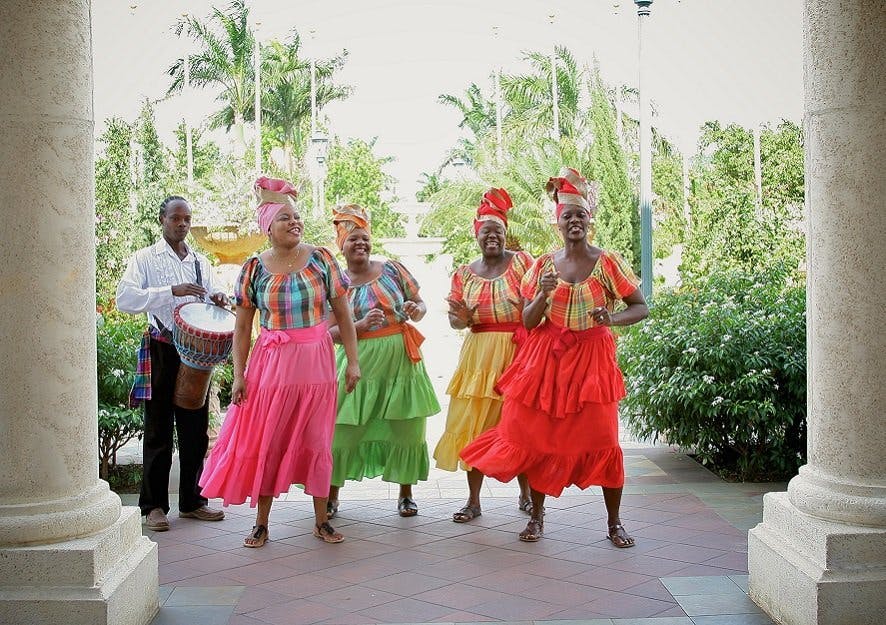
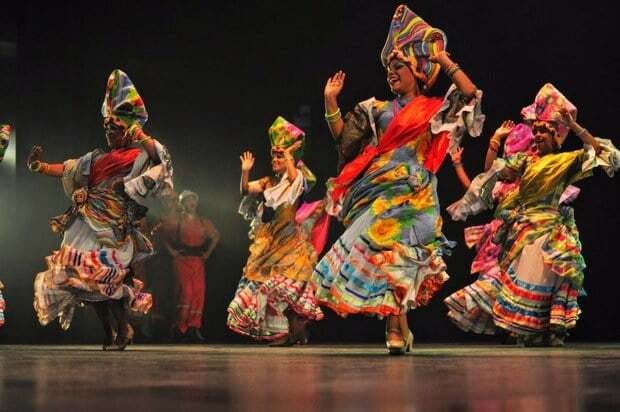
Tune in next Tuesday as we discuss the history of westernized dance techniques and the exclusion of the Black experience from these forms.
Black and African music in America
Black music in an archive. It is how people find and define themselves. It advocates for the communities it represents, and has always been a tool used by Black people to reflect on the times, both past and present, and provide commentary.
Music in African traditions is used as a part of ritual. Not necessarily religious, these are rituals of everyday living to facilitate the “spirit.”
African American music cannot be separated from the Transatlantic Slave Trade. Africa is the point of origin and the point at which Black American music remains in connection with its past. Black music is the foundation of American popular music and much of global popular music.
There are through-lines and connections within so many popular genres that we can point back to Africa, but definitely to the point of which Black folx here in the states started making their own music. African American culture, and therefore popular culture, is the result of enslaved Africans starting to accept their reality and build a new culture.
One of the most portable aspects of any culture is its music, so as African American people moved from the South to the North during The Great Migration, their music traveled with them. Check out what city each of these major genres was born in:
- Jazz = New Orleans
- Blues = Mississippi
- Gospel = Chicago
- Techno = Detroit
- Hip Hop = The Bronx, New York
- House = Chicago
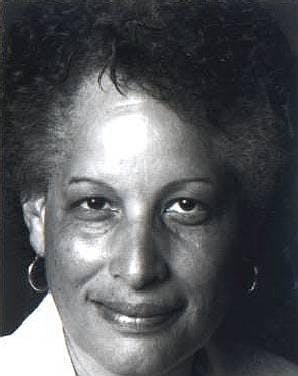
Portia K. Maultsby, shown above, is an ethnomusicologist that has focused her energy on the performance, research, preservation, and education of African American music and culture. The next slide will show us a chart that she created that traces the lineage of Black music from the 1600s into the 21st century.
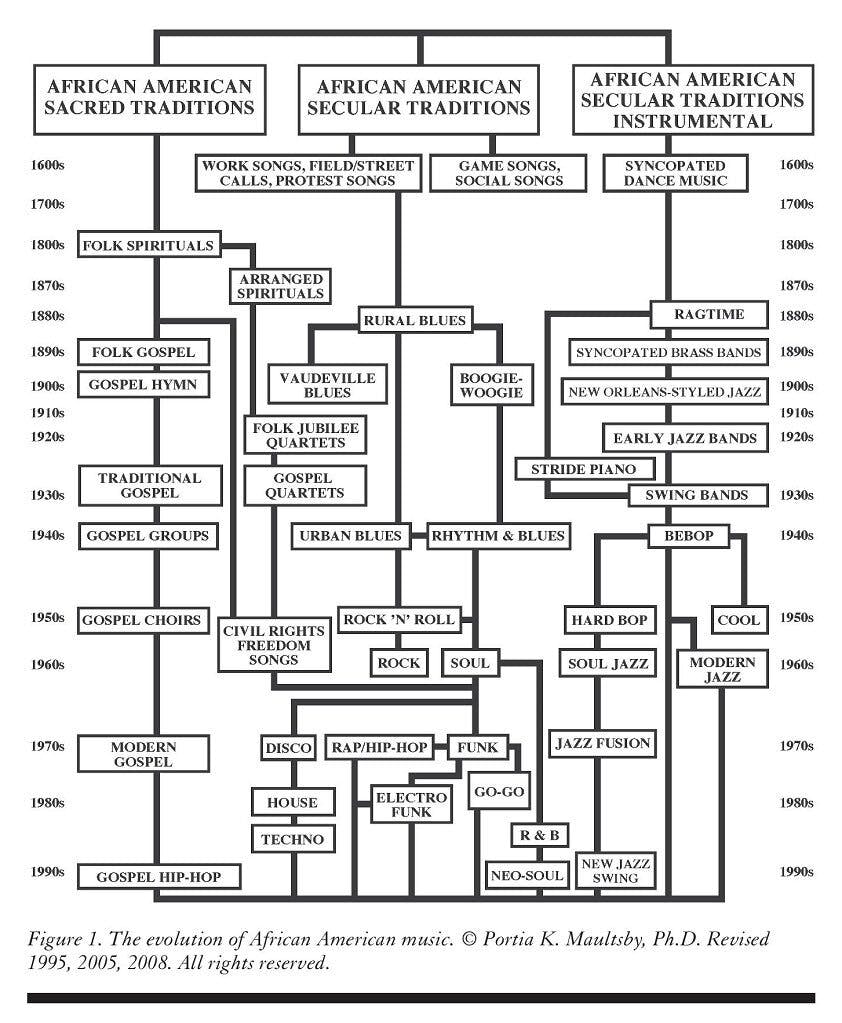
As you can see, these genres are never far from us, they just continue to get reinterpreted.
Tune in next Thursday as we discuss the forgotten history of influential classical Black composers!
Dance sources & further learning:
Caribbean Styles, Moves and History
Popular traditional Caribbean dances with African roots you need to know
Dances of the African Diaspora
*Video credit: Zaouli of Manfla, center-west of Ivory Coast, filmed by Konan Kouakou David
https://www.youtube.com/watch?v=jZ572yLH9sc
Dinki Mini dance, often performed after someone’s passing: Jamaica
Photo credit:
Music sources & further learning: